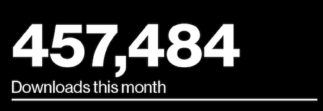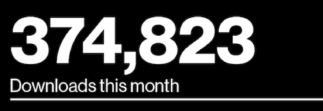“The next big experiment in particle physics won’t need an accelerator, detector, or other big machine,” says Glennda Chui in the latest issue of Symmetry: Dimensions of Particle Physics. “It doesn’t even involve subatomic particles…instead, it will test a new way to circulate the theories, methods, and experimental results that are the lifeblood of science.”
She’s referring to the SCOAP3project, an innovative new model for funding high energy physics journals. SCOAP3, the Sponsoring Consortium for Open Access Publishing in Particle Physics, has proposed a mechanism for particle physics to pay for its own publishing costs and make articles in the field openly available to the world without cost to the reader. Rather than rely on typical journal subscriptions, which allow access only to individuals and institutions who pay, in the SCOAP3 model, universities, labs, and funding agencies involved in producing the literature of particle physics pay into a consortium (SCOAP3). The consortium then pays publishers to publish their journals openly on the web.
The heart of the model involves converting the payment structure for the key journals in particle physics, which together publish 83 percent of the particle physics articles that are posted to arXiv, the popular and successful preprint server. These include Physical Review D, Physics Letters B, Nuclear Physics B, Journal of High Energy Physics, and European Physical Journal C, as well as the articles in Physical Review Letters that pertain to high energy physics.
As SCOAP3 explains it, “SCOAP3 will, for the first time, link quality and price, stimulating competition and enabling considerable medium- and long-term savings.” They envision that “each SCOAP3 partner will finance its contribution by canceling journal subscriptions” and that “each country will contribute according to its share of high energy physics publishing.”
SCOAP3 is a consortium made up of high energy physics funding agencies, high energy physics laboratories, and national and international libraries and library consortia.The consortium includes, among many other organizations: CERN – European Organization for Nuclear Research; France’s Institut national de physique nucléaire et de physique des particules; Germany’s Max-Planck-Gesellschaft; Greece’s Assembly of Greek universities, and the Swedish National Library. As of this writing, two universities in the United States (through their libraries) have pledged their willingness to support open access through the SCOAP3 consortium: University of California, Berkeley, and Northwestern University.
More information about the goals and methods of SCOAP3 is available at their website.
If you would like to share your thoughts about this funding model, please contact copyright-lib@mit.edu.



